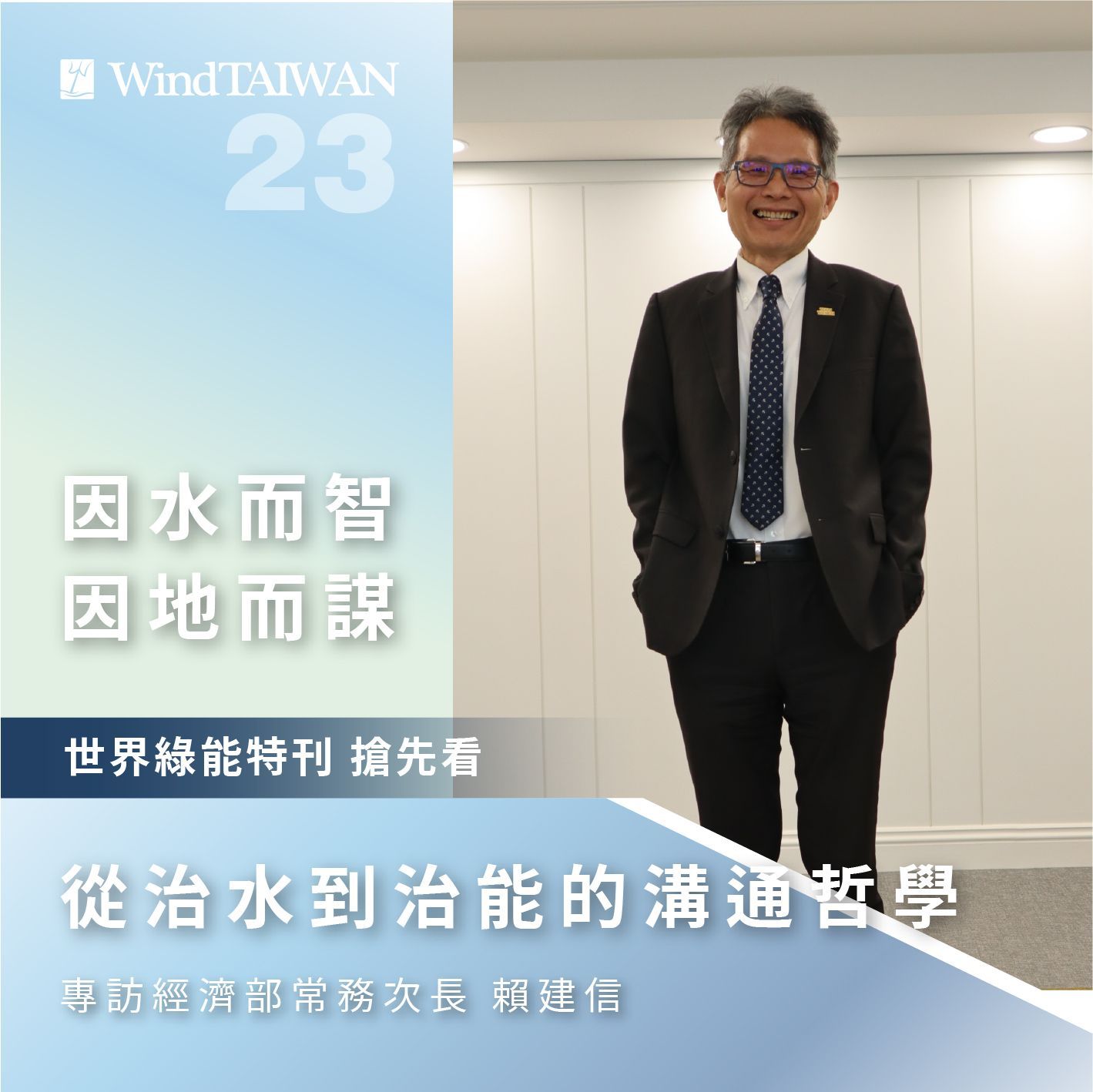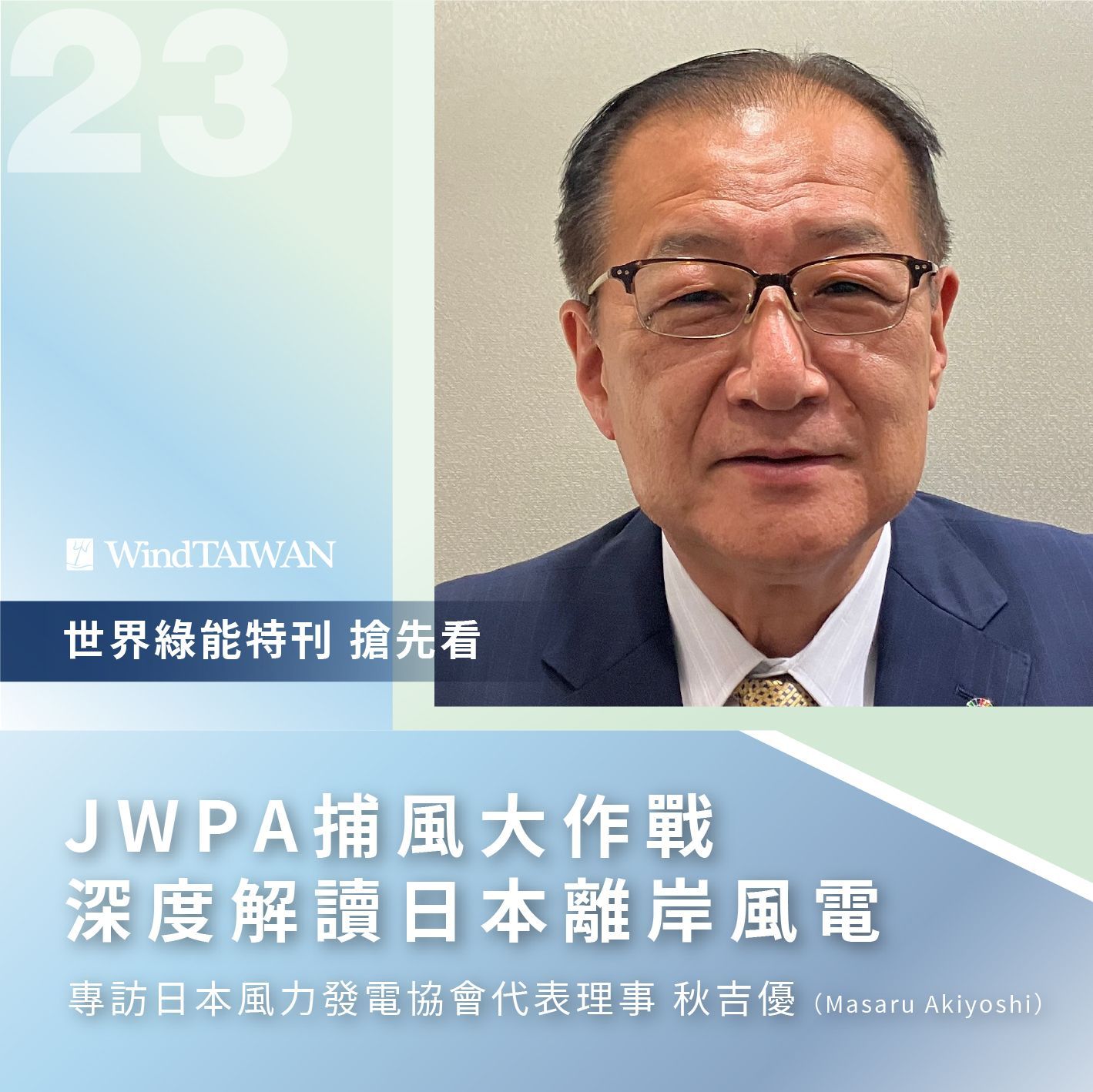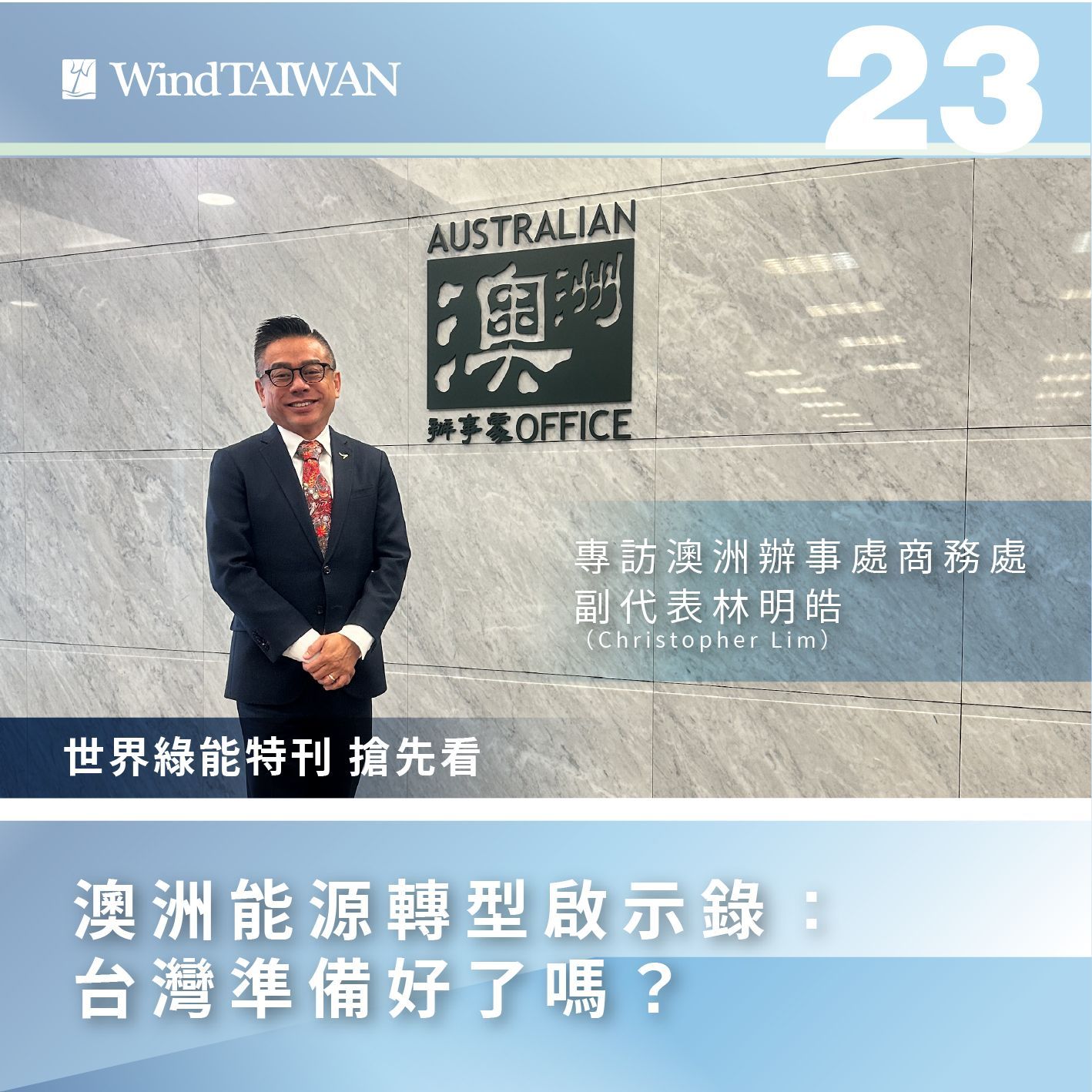Read more:
Wisdom from Water, Strategy Rooted in the Land
2025/10/07

An Interview with Deputy Minister of Economic Affairs, Chien-Hsin Lai: From Flood Management to Energy Transition through the Philosophy of Dialogue
Taiwan faces a critical energy challenge. As of 2024, the country’s energy import dependency stands at 95.16%, with reliance on oil and natural gas approaching 100%. Amid urgent calls for expanding renewable energy, the credibility of policy and the process of social consensus-building are under greater scrutiny than ever.
In this complex landscape, Deputy Minister of Economic Affairs Chien-Hsin Lai has emerged as a key figure. Known for his extensive experience in water resources management—including leading post-disaster infrastructure projects following the 1999 Jiji (921) earthquake—Lai now plays a central role in advancing “social dialogue” in Taiwan’s energy policymaking. Since taking office, he has spearheaded a series of participatory forums, promoting transparency in energy policy and creating spaces for engagement among industry stakeholders, environmental groups, and local communities.
At the heart of his approach lies a philosophy rooted in the logic of water management. Just as effective flood control requires a deep understanding of natural topography and hydrological flows, energy policy, Lai argues, must also be shaped in harmony with social and environmental conditions. One promising example is Taiwan’s growing interest in “small hydropower” development, utilizing the existing network of irrigation and water infrastructure. Several plants are already operational, with dozens more under planning.
However, the path is not without obstacles. Private sector participation remains hampered by regulatory complexity, administrative hurdles, and challenges in community engagement. In response, Lai is working closely with the Water Resources Agency to establish clear guidelines and supportive frameworks, aiming to improve policy implementation and reduce friction for new entrants.
Traditional top-down governance focused solely on risk prevention (“anti-corruption” or fangbi) is no longer sufficient in an era of increasingly complex energy issues. For Lai, restoring transparency and rebuilding public trust are essential foundations for a resilient green energy transition.
From water to energy, from infrastructure to social dialogue, Lai’s “wisdom from water and strategy rooted in the land” offers a compelling new pathway for Taiwan’s future energy governance.
This content was published on WindTAIWAN and is shared in collaboration with ENERGYNIPPON.






